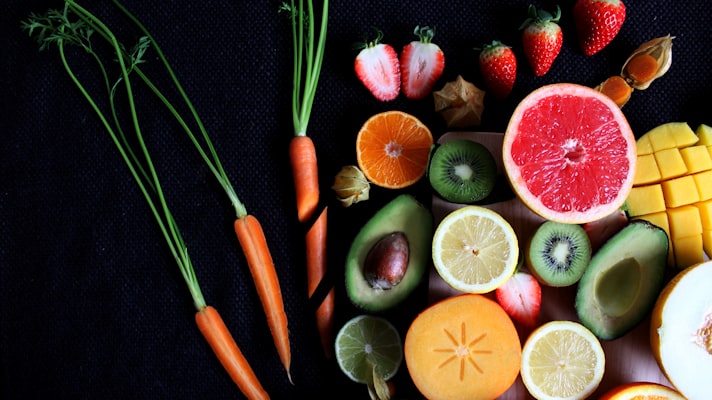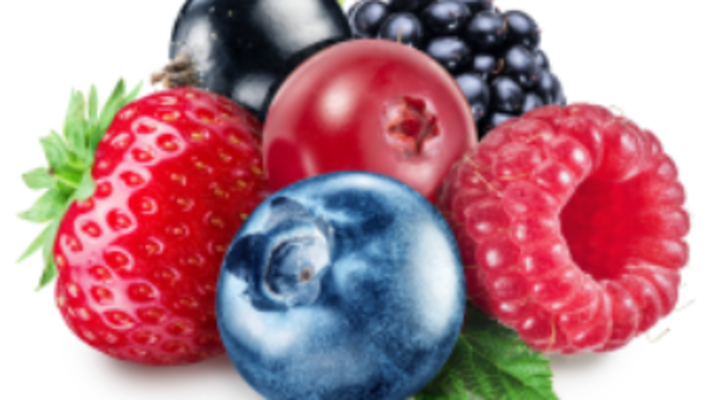What is the healthiest diet?
Health 01 Feb 2020

Find out what the latest science is saying about your favourite foods to help you make the healthiest choices for you and your family.
Dr Michael Gregor in his book How Not to Die, centres his recommendations around a Daily Dozen checklist of all the things I try to fit into my daily routine.
Daily Dozen Foods : Beans (Legumes), Berries, Other Fruits, Flaxseeds, Nuts, Spices, Cruciferous vegetables such as broccoli, Leafy greens (especially dark varieties), Other vegetables, Whole Grains, Beverages (particularly water), Exercise.
Dr Greger’s Daily Dozen is based upon the best available evidence for improving the nutrient density of your meals. It is not a meal plan or a diet, but a check list to guide us in selecting the healthiest of healthy foods to form our diet. It is designed to be an aspirational minimum for the average person. Athletes, growing adolescents, pregnant and nursing women may need to add more foods to their daily dozen. Check out NutritionFacts.org for a video on the “Daily Dozen Checklist”
Download this app called "Dr. Greger's Daily Dozen" for free on iPhone and for Android phones
For more details visit Evidence-Based Eating Guide
Daily Dozen Foods
Health 25 Jan 2020 Avondale Memorial Church

Beans (legumes), berries, other fruits, flaxseeds, nuts, spices, cruciferous vegetables such as broccoli, leafy greens (especially dark varieties), other vegetables, whole grains, beverages (particularly water), exercise.
Berries – the second item of the daily dozen Berries, including cherries and dark grapes are regarded as the healthiest of fruits. It is the antioxidants that give berries their colour. They offer nearly 10 times more antioxidants than other fruits and vegetables and exceed 50 times more than animal-based foods. These antioxidants offer potential protection against cancer, boost the immune system decrease the risk of developing cardiovascular disease and defend our brains and liver against damage caused by free radicals.
A study undertaken by Harvard University of 16,000 women found that women who consumed at least one serving of blueberries and two serving of strawberries each week had slower rates of cognitive decline by as much as two and a half years compared with those who didn’t eat any. Studies indicate that eating a handful of berries a day will help reduce the risk of our brains aging by at least 2 years.